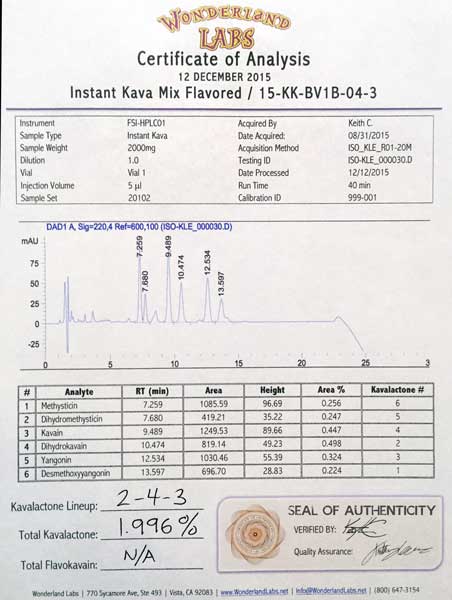UNDERSTANDING E. COLI TESTING
By default, we test for E. Coli using a method called the “USP 40 NF 35” (United States Pharmacopeia) method. This is the method that the FDA feels is most appropriate for materials that are intended to be used in dietary supplements or pharmaceuticals. It’s a very sensitive test and uses and enrichment process that will take small amounts of present E. coli, and come up with a positive result after incubation. This result is black or white; it’s only POSITIVE or NEGATIVE.
The standards set for food products are far less stringent. Methods such as the FDA BAM, Chapter 4 method is a count-based (MPN) method that does not use any enrichment procedures. Since food products are intended to be used, in most cases, far more quickly than dietary supplements, a negative result occurs when there are less than 3 MPN/g.
There is much debate over which materials need which test. Some feel that the USP method is too stringent for many dietary supplements, and should be left to pharmaceuticals. This is not a decision we can make for you. When choosing BIOLOGICAL testing, we will now ask you whether or not you want the USP method or the FDA BAM method. We used to default to the USP method, but with so many positives in material we’ve recently received, we decided to let the client decide what is most appropriate for their application.
But, whatever method you choose, we also want you to be fully aware of what you are choosing. And, if any customer gets sick from any product you provide or manufacture, it will be up to the FDA to decide whether or not the safety testing you did was adequate enough to ensure the safety of the consumer. Many labs simply use the FDA BAM method for everything they test. We give you a choice on how precise you want your material tested.
Here are the AHPA Limits Datasheet: SUPPLEMENT LIMITS COMPARISONS
Here’s a link to the AHPA Guidance Datasheet: SUPPLEMENT GUIDANCE LIMITS
And, to quickly recognize which testing method was performed on your material, one rule of thumb is this:
- If it’s “POSITIVE” or “NEGATIVE”, then it’s likely a USP method
- If it shows something like “<3” or “<3 MPN/g” it’s most-likely an FDA BAM method or similar
Here are the main sources for E. coli:
- Contaminated food, especially undercooked ground beef, unpasteurized (raw) milk and juice, soft cheeses made from raw milk, and raw fruits and vegetables (such as sprouts).
- Contaminated water, including drinking untreated water and swimming in contaminated water
- Animals and their environment: particularly cows, sheep, and goats. If you don’t wash your hands carefully after touching an animal or its environment, you could get an E. coli infection
- Feces of infected people
E. coli can be killed by heating material to only 160 degrees Fahrenheit. Food dehydrators typically got to 185 degrees Fahrenheit, and Commercial Proofers typically go to 200 degrees Fahrenheit. IF you are a manufacturer or supplier of raw materials, it may make sense to heat your material above 160 degrees to reduce or eliminate the pathogens that we test for.
We like “Food Safety dot gov” for information on common pathogens including E. coli.
Yes, the percentage of adulterated materials is increasing. In no particular order, we test everything from mold and yeast counts, to aerobic plate counts to common pathogens found in food products (mostly from mishandling) such as Coliforms (rod-shaped Gram-negative bacteria found in soil and on vegetation and present in large numbers in the feces of warm-blooded animals), to E. coli, Salmonella and Staphylococcus. All of these pathogens are required tests by the FDA for any product that may be intended for consumption.
NOTE: We do not determine the legality of whether any material is legal for consumption; we simply test for common pathogens and adulterants, and determine whether there are acceptable levels of heavy metals in the material.


